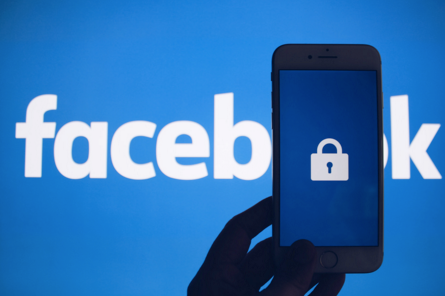China ‘has taken the gloves off’ in its thefts of U.S. technology secrets
- American Dossier
- Nov 19, 2018
- 2 min read

(LA Times) It was the great microchip heist — a stunning Chinese-backed effort that pilfered as much as $8.75 billion in patented American technology.
U.S. officials say the theft took a year to pull off and involved commercial spies, a Chinese-backed company, a Taiwanese chipmaker and employees affiliated with Micron Technology, a U.S.-based microchip behemoth.
Yet what Micron called “one of the boldest schemes of commercial espionage in recent times” is most notable because it’s not unusual.
Beijing over the last two years has significantly ramped up its swiping of commercial technology and intellectual property, from jet engines to genetically modified rice, as U.S. relations with China have grown more acrimonious under President Trump, according to U.S. officials and security experts.
“They want technology by hook or by crook. They want it now. The spy game has always been a gentleman’s game, but China has taken the gloves off,” said John Bennett, the special agent in charge of the FBI’s San Francisco office, which battles economic spies targeting Silicon Valley. “They don’t care if they get caught or if people go to jail. As long as it justifies their ends, they are not going to stop.”
The Trump administration has toughened its rhetoric against China and announced several dramatic arrests as the threats — and the costs — have soared. In a harshly worded speech last month, Vice President Mike Pence accused Chinese security agencies of masterminding the “wholesale theft of American technology.”
China long has prioritized stealing U.S. intellectual property to boost its domestic industries and its rise as a global power, according to federal law enforcement officials. They say Beijing relies on an army of domestic computer hackers, traditional spies overseas and corrupt corporate insiders in U.S. and other companies.
The surge in economic espionage comes as Trump has lobbed broadsides at China over trade, security and other issues. He has railed against what he calls China’s unfair trade policies, and has imposed tariffs on $250 billion of Chinese goods. Beijing has counterpunched, imposing duties on $110 billion in U.S. goods. Read More








Comments